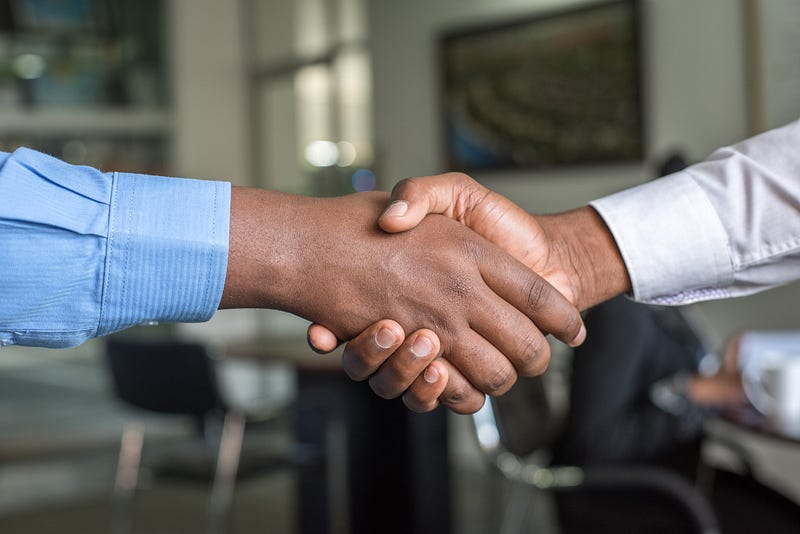
Photo by Cytonn Photography on Unsplash
Sales is the butt of many jokes, but it might be more important than we realize — especially if it’s done the right way.
In his 1849 essay historian Thomas Carlyle dubbed economics “the dismal science”. The title was a joke, based on the fact that for decades, music had been referred to as “the gay science”. I’ll pause to allow your anachronistic laughter.
The gist of the joke is that while music took the seed of the human experience and grew out of it both profundity and verve, economics took that same seed and reduced it to a lifeless series of transactions. Economics hasn’t much recovered from that portrayal since. And I’m not sure how much it has an interest in doing so.
Economists are still called upon by both governments and businesses to do their dismal work — predicting and analyzing — in the hopes that some advantage can be gained. The dismal science, however dismal, reigns supreme.
There is another discipline that receives a similarly bad rap, but that I think we need more than many of its detractors realize: sales.
If economics is the “dismal science” because it analyzes away the vivacity of the human existence, perhaps sales can be called something a bit warmer: the hopeful science.
Sales is an optimistic discipline; it has to be. The art and science of sales operates under the article of faith that it’s possible to get nearly anyone to enter into a transaction with nearly anyone else, for nearly anything— so long as the process is done correctly. Now that’s optimism if I’ve ever heard it. And it’s that optimism that gets sales a bad rap.
Hope can do funny things to a person, and to an organization. The hope that millions of buyers exist out there — and you need only begin dialing their numbers — that hope remains very real in sales organizations around the world. The jury is still out on just what a realistic expectation is for how many of those potential buyers can reasonably expected to buy. And candidly, salespeople aren’t too interested in what a reasonable expectation is. There’s no incentive for them to. We must believe that everyone is a potential customer, otherwise we’re throwing in the towel before the fight even begins.
But again, hope can make us do funny things.
Hope can blind us. Hope can keep us from seeing truths that are so plain to others that when they hit us like a ton of bricks, we swear they came out of nowhere.
And that’s the balancing act of sales: be hopeful enough to keep trying, but not so hopeful that you persist even when there is no reason to hope anymore — and you cross a line. It’s at that point, where — if you’re not careful — you can cease to regard the buyer as a person with feelings and autonomy. It’s where you can take that optimism too far, and think that if you simply say the right thing, or tweak the process a bit, you can get those persistent “no” replies turned into a “yes”. It takes self-awareness to avoid doing that. But it must be done.
The sale is never more important than the relationship. If you sacrifice the latter in order to get the former, you won’t sell much more for much longer. Yes, anyone can be a buyer, but not everyone is a buyer. That’s a subtle difference, but the ramifications are huge.
That’s where I think a second adjective can be applied to the science of sales. Sales is not just the hopeful science, but the helpful science.
Fred Rogers has a famous quote that he attributed to his mother:
‘Look for the helpers. You will always find people who are helping.’
A good salesperson is a helper. She or he does for a customer what can help them. Sometimes that means helping them understand why this might not be a good fit. Sometimes it’s doing a bit more than the normal scope of work calls for. But whatever it does call for, it’s necessary work.
So what does all this mean for the discipline of sales? It’s both a description and a prescription. Sales is the helpful and hopeful science. So if you want to be a good salesperson, be both hopeful and helpful.